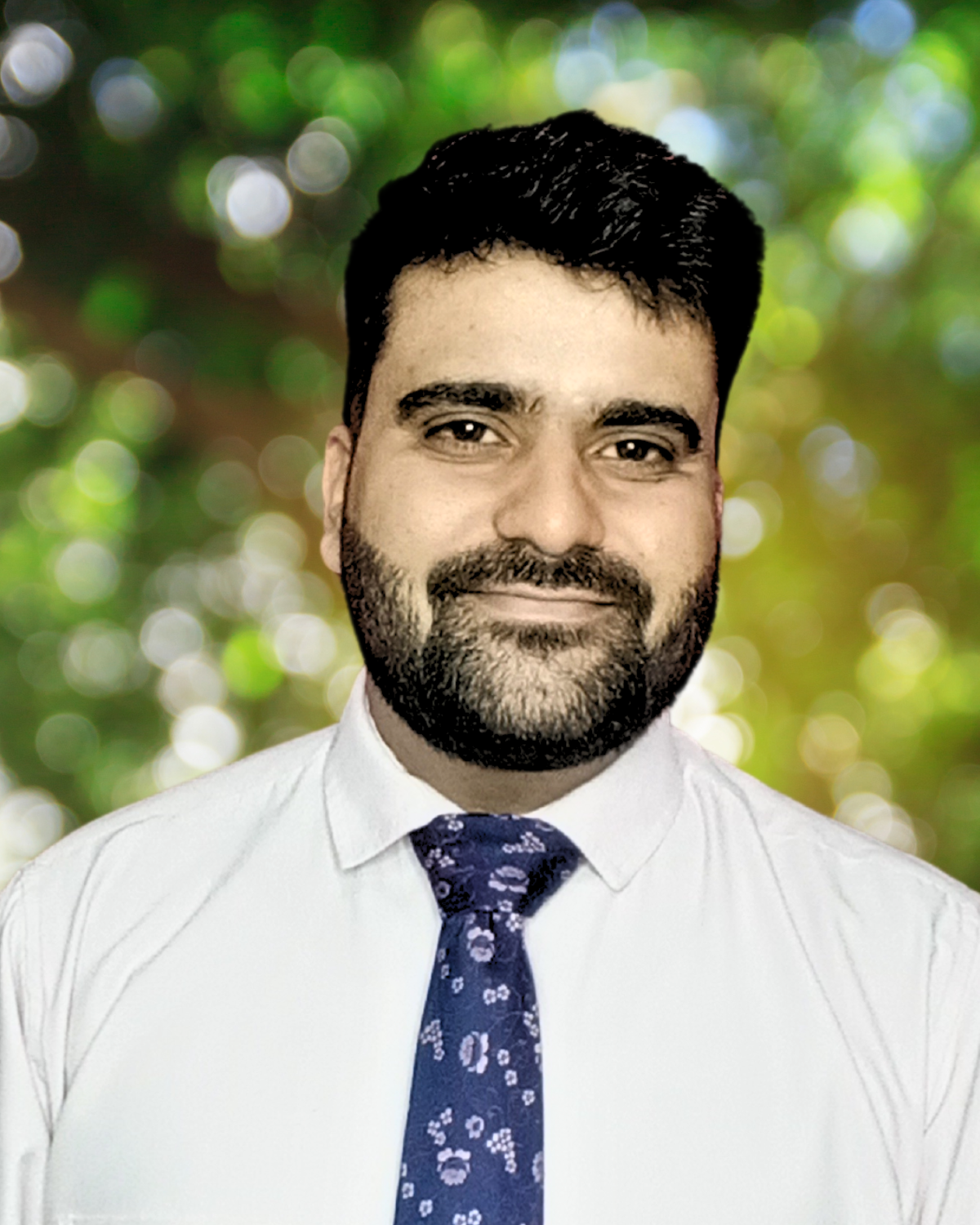The Indian education system faces a severe shortage of qualified school psychologists, creating a significant gap in the assessment and support of children with special needs. Abhinav Gaur, an educator and advocate for mental health in schools, expressed concern about the issue and emphasized the urgent need for systemic development in school psychology.
The Emerging Phase of School Psychology in India: In India, the field of school psychology is still in its infancy. While the importance of mental health is gradually being recognized, the country faces a critical shortage of qualified professionals in this field. Several factors contribute to this shortage, including a lack of structured training programs, a lack of professional awareness, and the absence of regulatory bodies. Unlike countries such as the United States, where school psychology is regulated by organizations such as the National Association of School Psychologists (NASP), India lacks such standardized systems. As a result, schools are left without the expertise needed to address the diverse psychological needs of students.
The role of the school psychologist: Contrary to popular belief, the role of a school psychologist goes far beyond mere counseling. Their responsibilities include conducting psychological and educational assessments, designing and implementing evidence-based interventions, consulting with teachers and parents, and engaging in research and planning to improve educational practices. These professionals are an integral part of the educational ecosystem and provide support that can significantly impact a child’s academic, social and emotional development.
The puzzle of supply and demand: India’s education system, one of the largest in the world, faces a glaring mismatch between the demand and supply of school psychologists. The ratio of school psychologists to students is alarmingly low, leaving many children without access to basic mental health support. This gap is especially true for students with special needs who require specialized assessments and interventions to thrive in the educational environment.
Proliferation of unqualified practitioners: Adding to the complexity of this issue is the rise of unqualified practitioners offering mental health advice online, particularly on social media platforms such as Instagram. According to Qoruz, an influencer and marketing analytics company, there was a nearly 70% increase in the number of Instagram accounts discussing mental health and wellness between 2022 and 2023, with the numbers rising from 5,062 to 11,894. Unfortunately, many of these so-called “lifestyle coaches’ lack formal psychological training, yet they make a series of promises such as stress relief without the need for ‘addictive drugs’ or ‘expensive therapy’.
Focused on the need for systemic development: To address these issues, Gaur advocates a systematic overhaul of how school psychology is perceived and implemented in India. This includes:
- Institutionalization of training: Introduction of more specialized courses and training programs at the university level to create a pool of qualified school psychologists.
- Raising awareness: Educating stakeholders in the education sector about the essential role of school psychologists.
Regulation Development: Creation of regulatory bodies to standardize qualifications, ethics, and practices in school psychology. Gaur emphasizes that this is not just about adding another role to the school environment; it is about recognizing and addressing the mental health and learning needs of future generations.
The way forward: The future of school psychology in India requires a concerted effort by government bodies, educational institutions, and the community at large. Policy advocacy, community engagement, and ongoing professional development are essential steps to ensure that every school in India has access to a qualified school psychologist. By recognizing the critical role these professionals play, India can create an environment where every child has the support they need to succeed academically, socially, and emotionally. In closing, Gaur points out that the lack of qualified school psychologists, along with the rise of unqualified mental health counselors online, poses a significant risk to students. Addressing this gap is critical to ensuring the psychological well-being of India’s youth and providing them with the support they need to thrive on their educational journeys.
